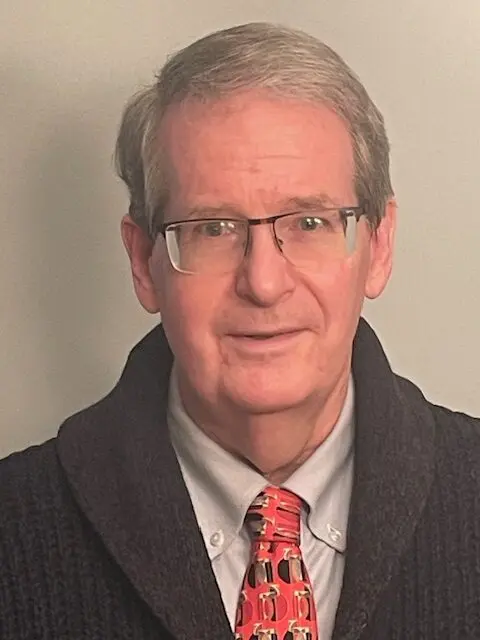
Charles Schilke
Legal Council, Innovation Districts, Emergency Response
Charles "Chuck" Schilke, originally from metro New York City, is a versatile professional whoworks on the borders of the international and the domestic,,of business and public policy, and of theory and practice. He focuses broadly on the Built Environment, including housing, commercial real estate, infrastructure, and economic development, but also on regulated industries like energy, telecommunications, and healthcare. A natural teacher, public speaker, and author, he frequently speaks and writes about these subjects.
Chuck thrived as an undergraduate at the University of Chicago, formally studying international relations and economics, and informally experiencing the neighborhoods and architecture of Chicago. He then became an international relations doctoral student at Harvard University, focused on US Foreign Policy Institutions, East Asia, and Western Europe, as well as developing curriculum in these areas and teaching courses to Harvard undergraduates, and creating the Harvard Speech and Parliamentary Debating Society. Chuck then went on to Cornell Law School to study corporate, real estate, environmental, and international law. Chuck is extremely active in the alumni affairs of all 3 schools where he studied.
Chuck began practicing real estate and environmental law in Boston, but his public and international interests soon drew him to Washington DC. There, Chuck became an environmental, real estate, and merger lawyer at Mobil Corporation, responsible for cleaning up 100 Superfund environmental hazardous waste sites nationwide. 2001 was Chuck's most remarkable year professionally: in a period of less than 9 months, he performed all the legal due diligence on Mobil's multibillion dollar real estate portfolio for the Exxon-Mobil Merger, the largest merger ever at that time; then after the merger closed, he became Real Estate Senior Counsel at The American National Red Cross, just in time for the September 11 terrorist attacks, where he led the real estate response. While at the Red Cross, Chuck also launched a $1 billion dollar project to completely rebuild the Red Cross's blood processing facilities nationwide, and developed a $135 million new Red Cross National Headquarters Building, the 11th largest Class A building in Downtown Washington DC. Chuck was then recruited to practice commercial mortgage-backed securities law on Wall Street at the leading CMBS law firm, Cadwalader, where he practiced during the CMBS boom- but also during the CMBS crash that spawned the Global Financial Crisis.
At this point, Georgetown University invited Chuck to create from scratch and lead a Real Estate Master's program, which Chuck and the Georgetown staff grew into 325 students, 100 practitioner faculty, and 50 real estate courses, the 2nd largest graduate real estate program in the US. Johns Hopkins University then recruited Chuck to come lead its 25-year-old re Real Estate Master's program, and teach real estate, finance, and law, at its Carey Business School. During this period, Chuck also wrote a book on CMBS for its trade association, the Commercial Real Estate Finance Council. Chuck also served as Chair of the Public Development and Infrastructure Product Council of the Urban Land Institute, and taught infrastructure executive education to 750 students; he also writes a regular column for ULI's magazine, Urban Land. Habitat for Humanity of Washington DC-Northern Virginia invited Chuck to join its board, which he has chaired, and on which he has served for 10 years.
Innovation Districts are campuses that often form around universities and major healthcare institutions, which integrate innovative researchers, multiple types of supporting real estate, and technology entrepreneurship. As Chuck added up his career experiences, he realized that his extensive background with universities including UChicago, Harvard, Cornell, Georgetown, and Johns Hopkins; with major healthcare institutions, including The American National Red Cross and Johns Hopkins; with multiple types of real estate both from his real estate and business practice experience and from directing graduate real estate programs, and technology entrepreneurship largely from his Cornell background, was perfect for developing Innovation Districts, so he intensively focuses in this area. He is currently writing a book on the three cutting-edge Innovation Districts of (1) MIT/Kendall Square in Cambridge, Massachusetts; (2) Cornell Tech, in New York City; and (3) Amazon HQ2/National Landing in Washington DC/Arlington, Virginia, to be published by Routledge/Taylor & Francis.
